
So, you've decided to sell your car privately with an online classifieds ad. Here are 10 tips for better photography that anyone can use to help sell their car faster.
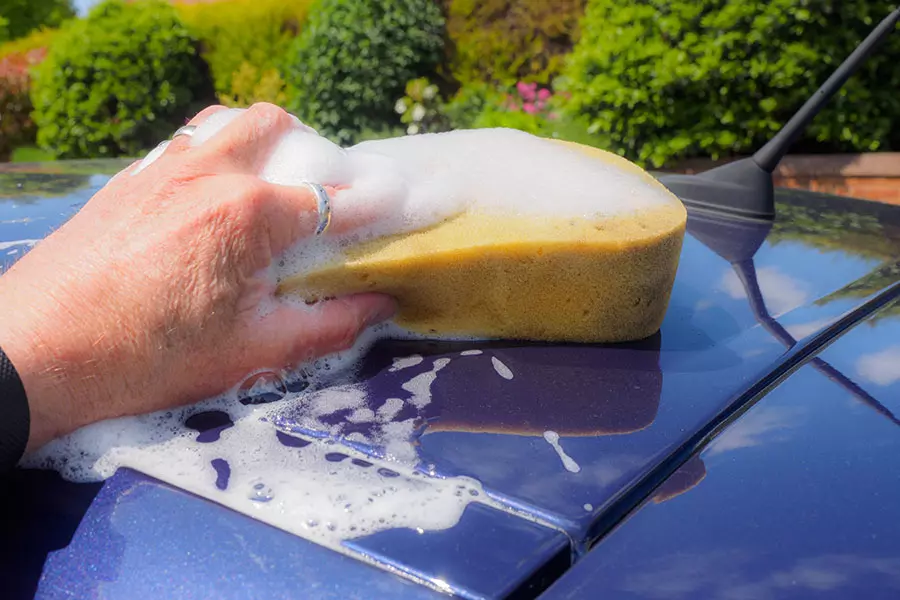
1. Give your car a wash!
It sounds obvious, but you’d be amazed how many people don’t bother. Don’t assume buyers can ‘see through’ the dirt to the wonderful car underneath. They’re more likely to imagine that if you don’t care enough to wash it, you may not have cared enough to look after it in other ways. Once washed, give it a going over with a chamois and add a layer of wax.
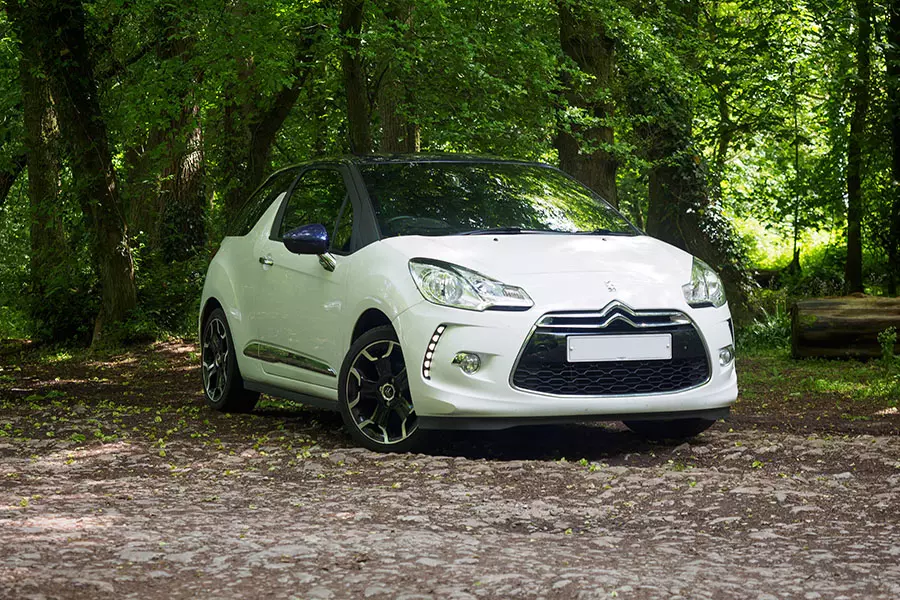
2. Location, location, location
Non-photographers tend to snap things wherever they just happen to be rather than looking for a better location. So unless the street outside your house looks spectacular, look for a nearby location like a country lane, a beach or a mountain road where your car has attractive, uncluttered surroundings. Regular streets are just too full of other cars, passers-by, lampposts, signs and other distractions.
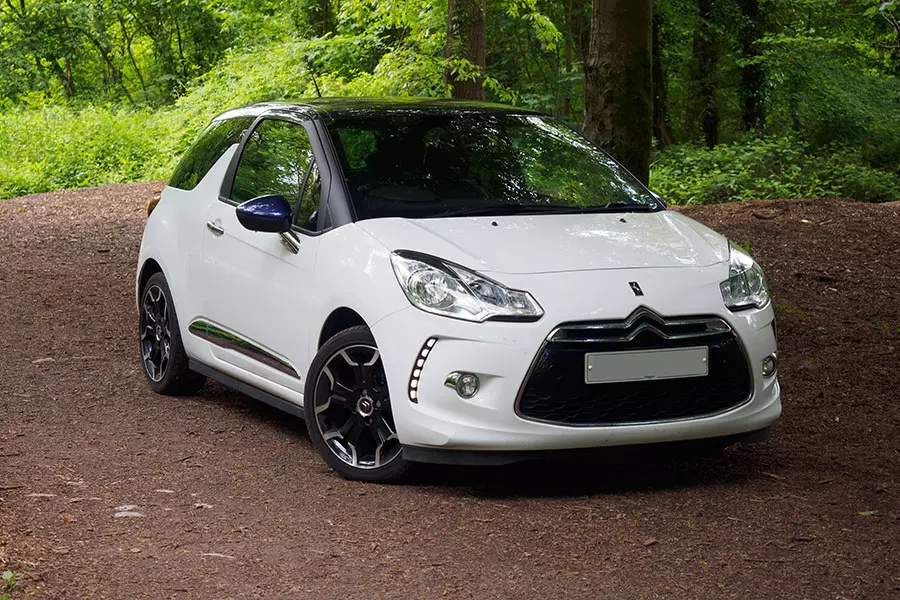
3. Send in the clouds
Sunlight creates bright light that’s good for sunbathing but bad for car photography. It produces harsh contrasts between light and shade that can make your picture look jumbled and ugly. Overcast light, however, is much more subtle and the reflection of the sky in your car’s bodywork will really bring out its glossy contours.
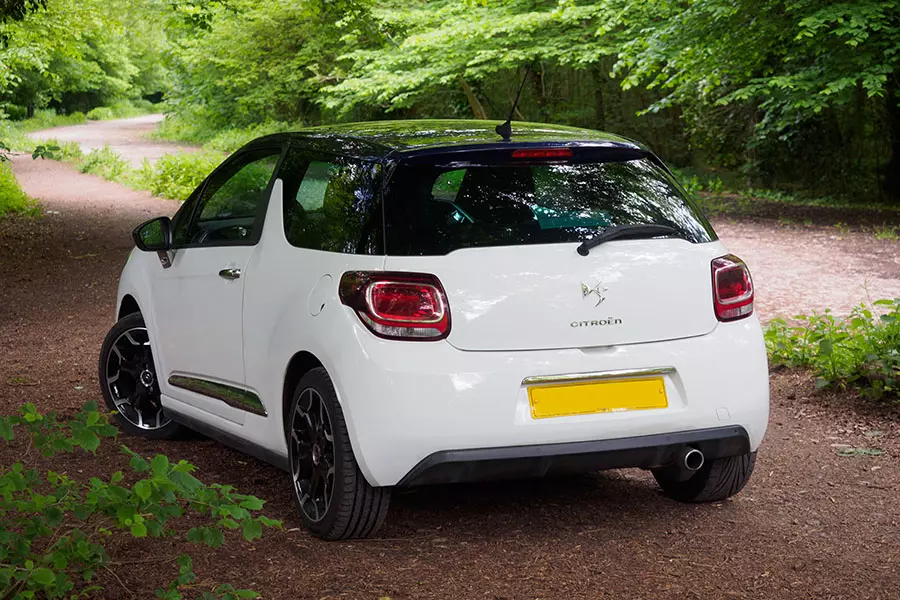
4. Take a step back
When you stand too close to an object with your camera, you distort its perspective, so the front of the car (if that’s where you’re standing) will look much bigger than the rear. Cars are like people – they look better if you stand further away and then use your camera’s zoom lens to fill the frame. It flattens out the perspective and gives the car a much more natural appearance.
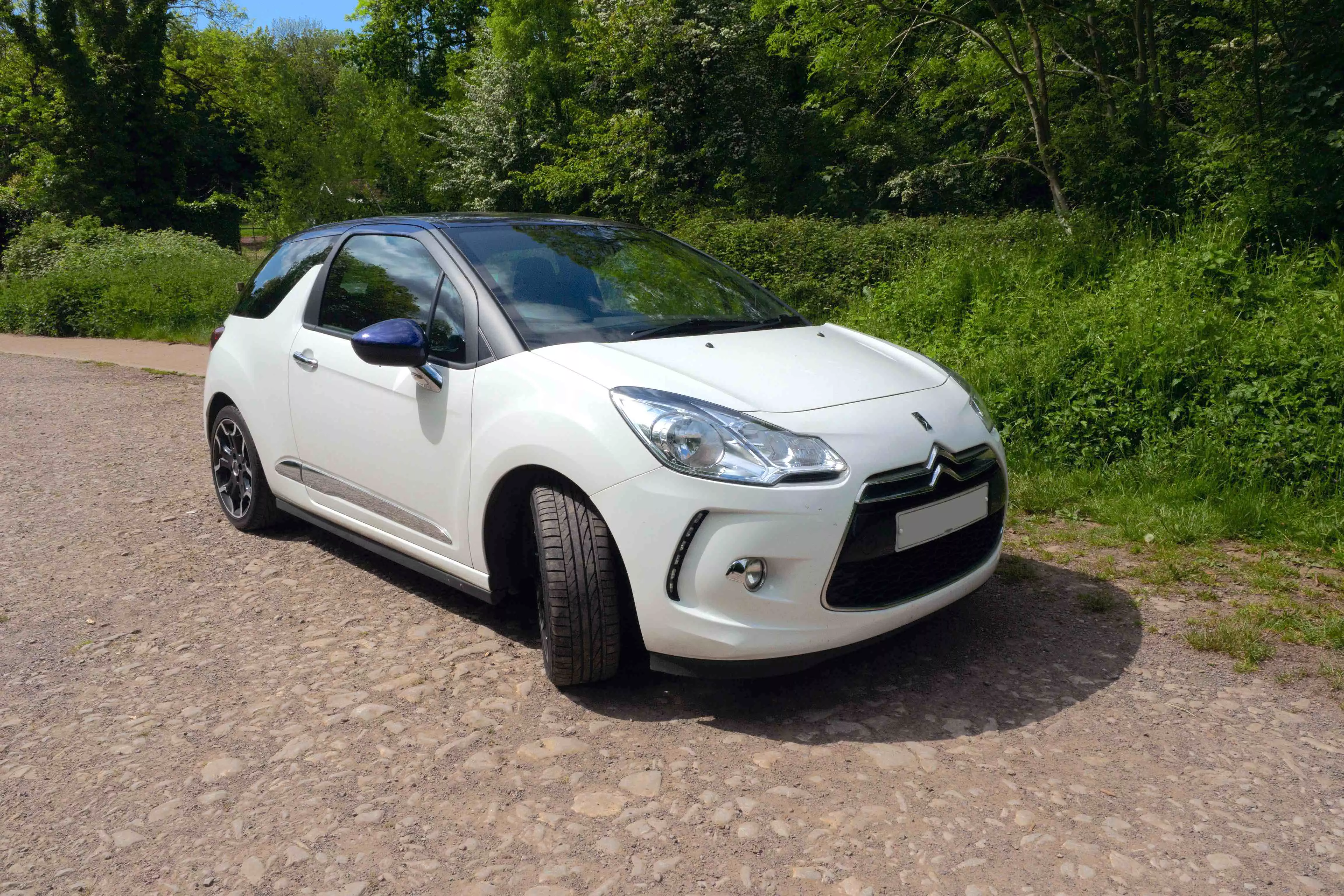
5. Think about the background
The other advantage of using a longer zoom setting is that it crops in much tighter on the background. It’s easier to exclude unwanted telegraph poles, buildings or other distractions, simply by shifting your position slightly. In fact, when you park up your car to photography it, you should be paying more attention to the background than practically anything else. Don’t park it right up against a wall or a hedge, but bring it forward so that there’s some distance between them. This will make the background more out of focus and give your photo a more professional look.
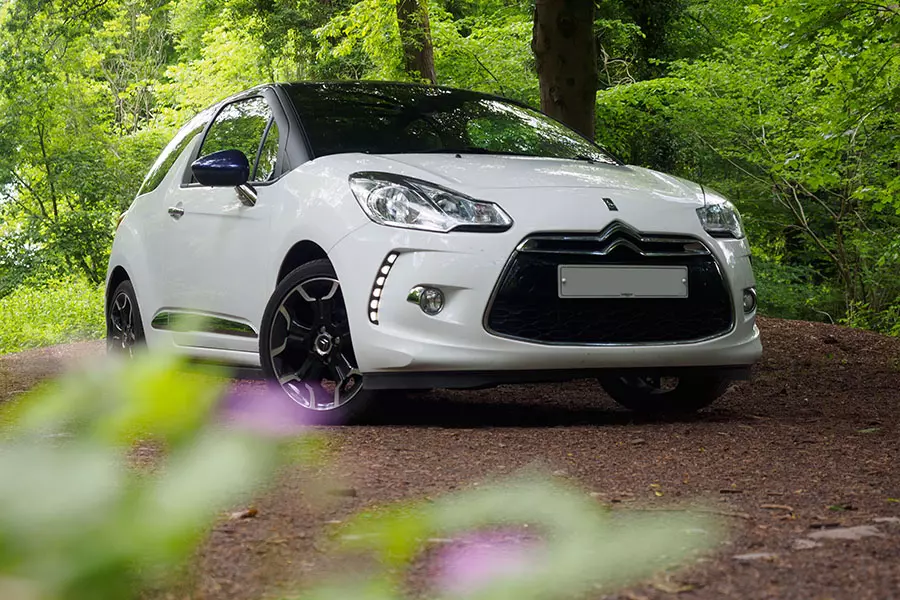
6. Face the front
The classic angle for photographing a car is a front three-quarter view, where you see both the front and the side. But you can take this a step further by turning the front wheels away from the camera. This small adjustment immediately gives the car a more stylish, more dynamic appearance. While you’re at it, pay attention to any logos on the wheels – these need to be the right way up and as horizontal as possible. Believe it or not, professional car photographers spend serious amounts of time on tiny details like this.
7. Rear of the year
This time, you need to turn the front wheels towards the camera so that you can see them. Look out for nice reflections from the sky or the surroundings in the body panels too – this is what makes cars look smooth and glossy. Try shooting with the camera at about chest height. If it’s too high, you look as if you’re looking down on the car, which can make it look small and insignificant. If you shoot from too low an angle, all you see is wheels, and the windows look tiny.
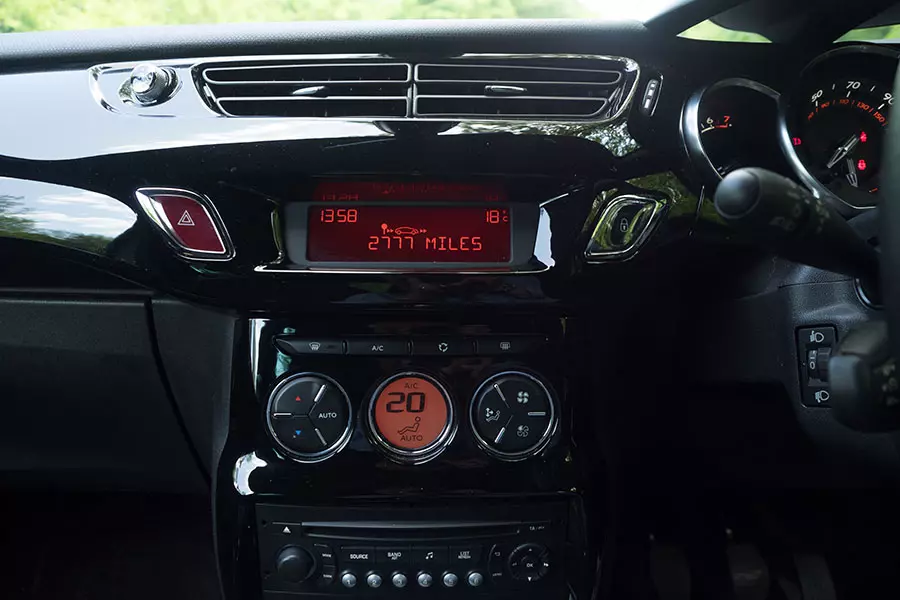
8. Inside shout
Most car interiors are black or very dark, and the same goes for engine bays. This gives cameras a problem because they try to make everything a kind of average brightness, which means car interiors often come out pale and washed out. Keep an eye out for this, because if it does happen it’s easy to fix – just use your camera’s exposure compensation control to reduce the exposure by -0.7EV or -1EV. That’s right, you reduce it. You need to make those black parts come out as dark as nature (or your car maker) intended.
9. Perfect the imperfections
If your car has faults or cosmetic defects you need to show them properly so that buyers can judge from the photos how bad (or how minor) they are. The first thing is to get close enough to show them properly, but include other parts of the car, such as a door handle or badge, so that people get a sense of the size of the ding. The second is to just shift your head a little this way and that to see how the reflections in the car’s bodywork change – it’s these reflections that bring out the shape and size of any dents.
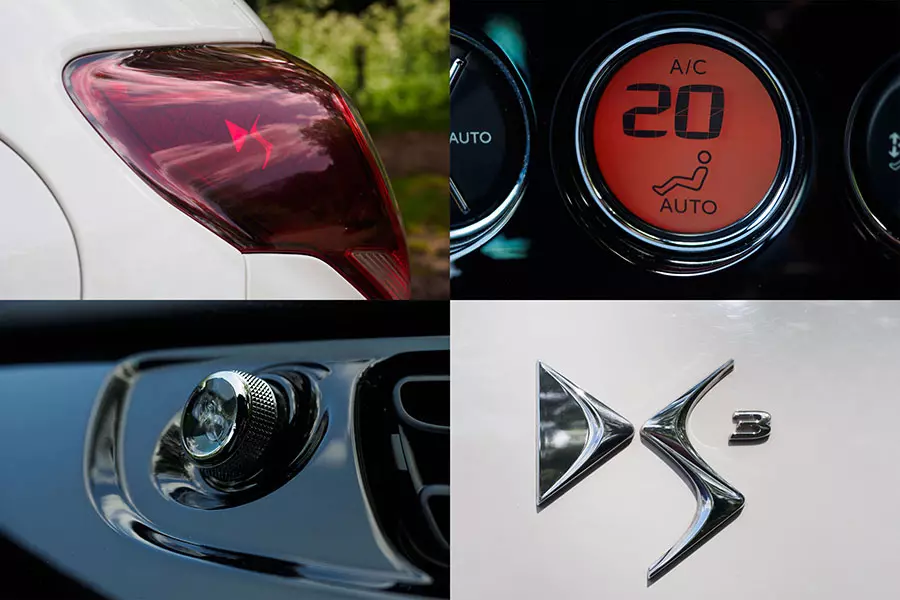
10. Extras, extras!
If your vehicle has extra parts, gadgets or features that increase its value, make sure you take pictures of each of them. It doesn’t matter if it’s something as boring as a new speaker system or a hands-free phone kit, it all helps the sale. The trick here is to make sure you get close and fill the frame with the thing you’re photographing. Don’t just take an overall picture of the car and assume that viewers will be able to see every detail. But make sure you pack a dusting cloth in your glovebox and dust every item before you shoot it. If your car looks cared for, buyers will like it all the more.